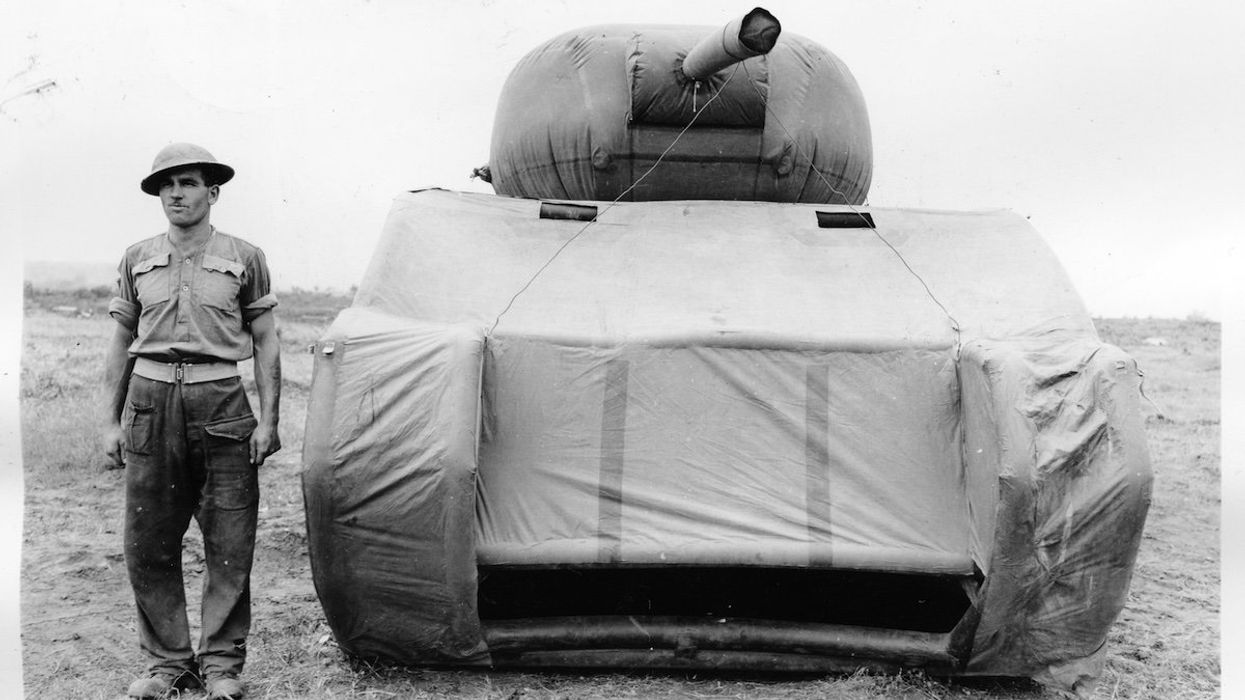Analysis
The tricksters who saved lives during World War II
Few April Fool's Day pranks could hold a candle to the tricks of the US “Ghost Army,” a group of World War II soldiers whose knack for illusion saved tens of thousands of lives.
Mar 31, 2024


